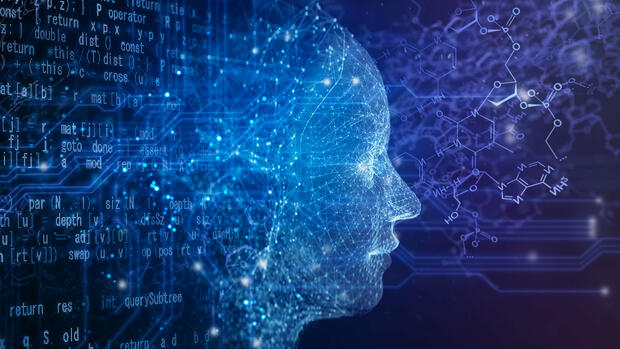German associations and creative people want stricter regulation of ChatGPT & Co
A good 40 German associations and trade unions are demanding stricter rules from the EU to avoid copyright infringement by artificial intelligence (AI). “We call for effective regulatory measures to avert the enormous damage that can occur when generative AI is placed on European markets,” said a statement by the Copyright Initiative to the EU Commission, the European Council and the EU on Wednesday – MPs. The alliance represents the interests of around 140,000 authors, including actors, journalists, photographers, musicians, authors, designers, artists and other representatives of the creative industries.
Artificial intelligence is characterized by the fact that it learns to act or react on the basis of extensive data. So-called generative AI uses this to create new content. For example, she can use a few key words to create text or images. The best-known generative AI is the chatbot ChatGPT, which was developed by the Microsoft holding OpenAI.
“Generative AI must be at the center of any sensible AI market regulation,” emphasize associations and trade unions. The output of AI systems depends on the input with which they are trained. This included texts, images, videos and other materials from authors, artists and other rights holders. “Our total digital repertoire is used to train AI, often without permission and without remuneration and not always for legitimate purposes,” it says critically.
“The unsolicited use of the training material, its non-transparent processing and the foreseeable substitution of the sources by the output of generative AI raise fundamental questions about responsibility and liability as well as remuneration.” These must be clarified “before the damage is irreversible,” the initiative warns . Generative AI must be regulated along its entire development chain.
